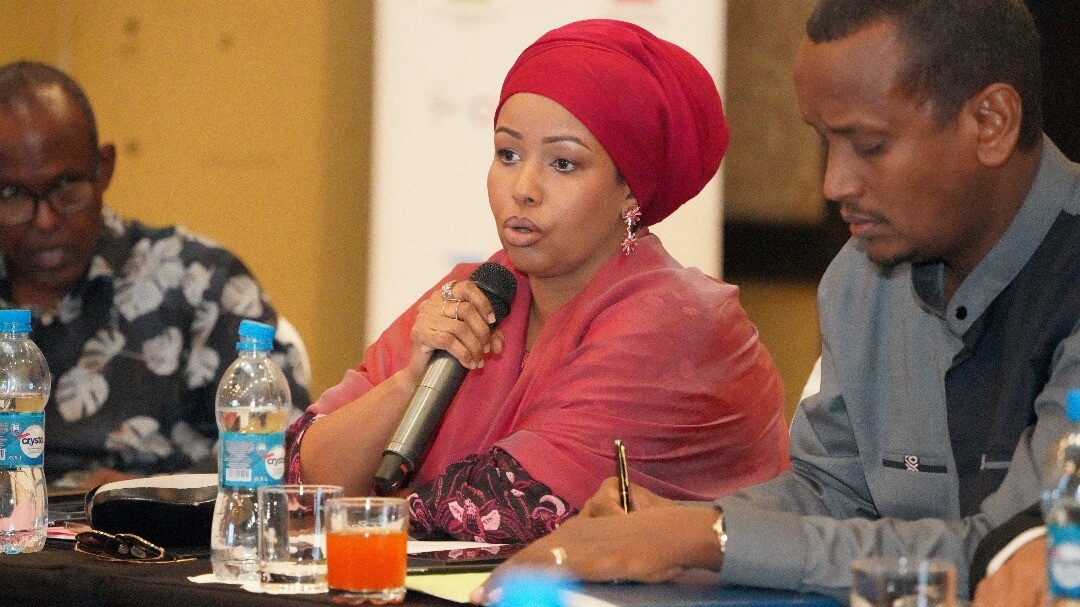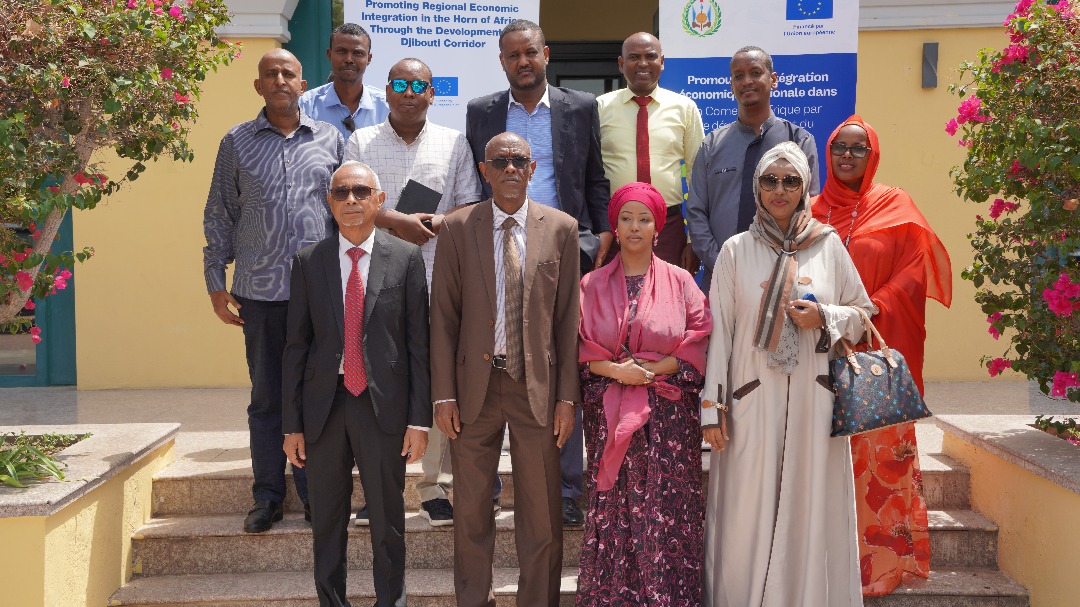On 26th May 2025, Djibouti’s Ministry of Infrastructure and Equipment, alongside TradeMark Africa (TMA), co-hosted a pivotal validation workshop at Galafi Border. The workshop’s primary aim was to review and confirm the priorities identified during a needs assessment for upgrading both Galafi and PK51. Supported by the European Union through the Agence Française de Développement (AFD), the event gathered government officials, technical experts, and local stakeholders, marking a significant stride towards enhancing trade infrastructure along the crucial Djibouti–Ethiopia corridor.
Galafi, a primary border post connecting Djibouti and Ethiopia, witnesses substantial daily traffic, handling between 1,000 and 2,500 trucks. However, it grapples with numerous challenges, including unreliable electricity, a lack of clean water, limited parking facilities, and substandard amenities for both staff and traders. Similarly, PK51, located 51 kilometres from Djibouti city within a key logistics zone, suffers from inadequate roads, poor drainage, and a scarcity of basic services. These issues collectively impede trade, inflate transport costs, and diminish economic opportunities for businesses and communities reliant on the corridor.
During the workshop, participants ratified a series of actions aimed at improving both border points. Key among these is the construction of a One-Stop Border Post (OSBP) at Galafi, designed to accelerate clearance processes and foster better coordination among border agencies. The plan also encompasses improvements to safety, environmental conditions, and working environments for border personnel and users. These upgrades align seamlessly with Djibouti’s Vision 2035, which seeks to position the country as a leading regional trade and logistics hub.
The proposed enhancements for Galafi include connecting the post to reliable clean water and electricity, with a focus on solar power. Additionally, new offices, housing, and sanitation facilities will be constructed, alongside the expansion of inspection booths and secure truck parking areas. The project will also introduce Integrated Border Management (IBM) systems to enhance coordination among border authorities and incorporate green initiatives like tree planting and improved waste management. At PK51, the focus will be on constructing superior roads and drainage systems to facilitate smoother truck movement and minimise delays.
The initial phase of the project, Phase I, involves completing technical and architectural designs, updating the Environmental and Social Impact Assessment (ESIA), and preparing tender documents. The entire undertaking will be executed in phases, contingent on available funding, to ensure optimal resource utilisation and robust outcomes. Throughout the workshop, stakeholders representing government ministries, border authorities, civil society, and local communities engaged in discussions regarding the socio-economic and environmental implications of the proposed improvements. Their valuable insights ensured that the project addresses not only technical requirements but also the practical realities of those who depend on the corridor.
Mr Dileita Soultan Mohamed, Secretary General of the Ministry of Infrastructure and Equipment, remarked, “This project is part of Djibouti’s broader Vision 2035 strategy to strengthen regional economic integration and develop the country’s role as a trade and logistics hub.” Achaa Abdillahi Ahmed, TMA’s Country Director for Djibouti, underscored the initiative’s importance: “The Galafi border modernisation is not just an infrastructure project; it is a commitment to unlocking trade, improving livelihoods, and enhancing regional stability. It reflects our shared vision of a corridor that connects people and economies, ensuring that trade works for all.” This project represents a transformative approach to trade facilitation, viewing infrastructure not as isolated construction but as a vital tool for shaping inclusive, resilient economic systems. Its clear objectives include faster border clearance, reduced trade costs, improved working conditions, and strengthened cross-border connections.

With the successful completion of the validation workshop, the subsequent steps involve finalising detailed designs, securing approvals for environmental and social safeguards, and preparing for construction. The upgrades at Galafi Border and PK51 signify more than just logistical improvements; they pave the way for transforming the Horn of Africa into a vibrant, integrated region where trade actively fuels sustainable development for all.















